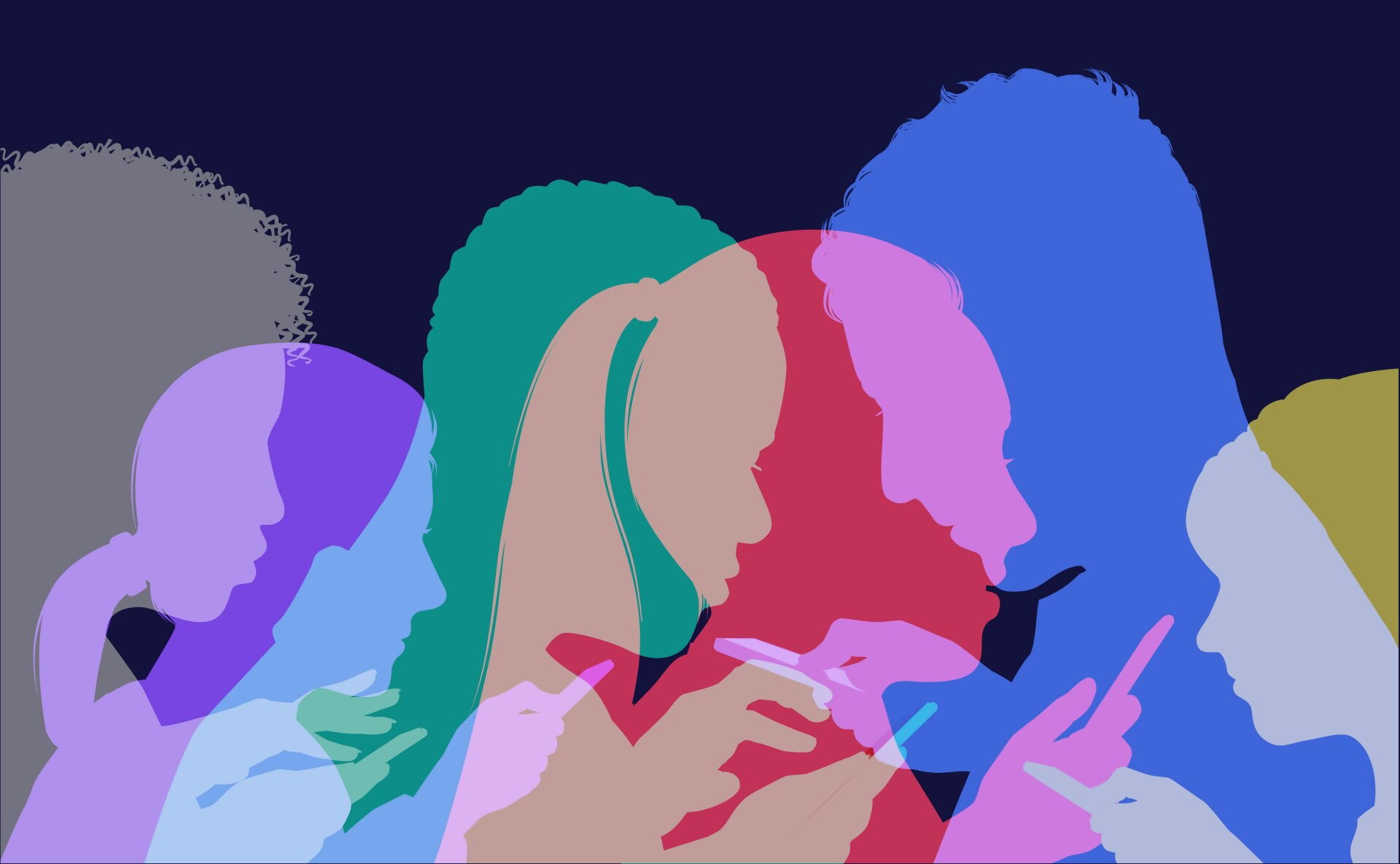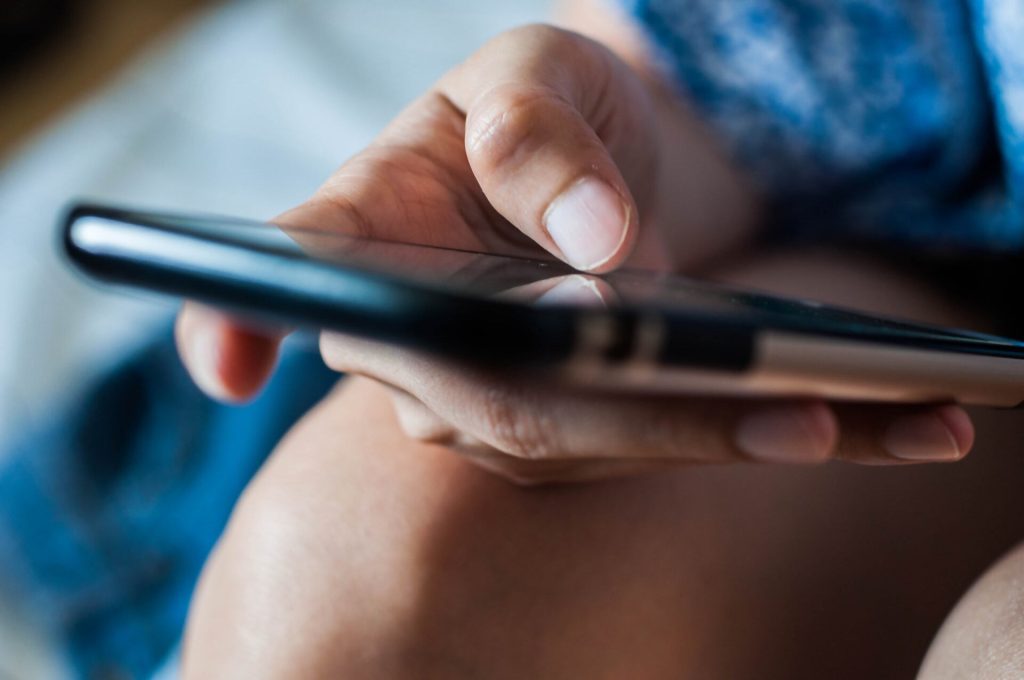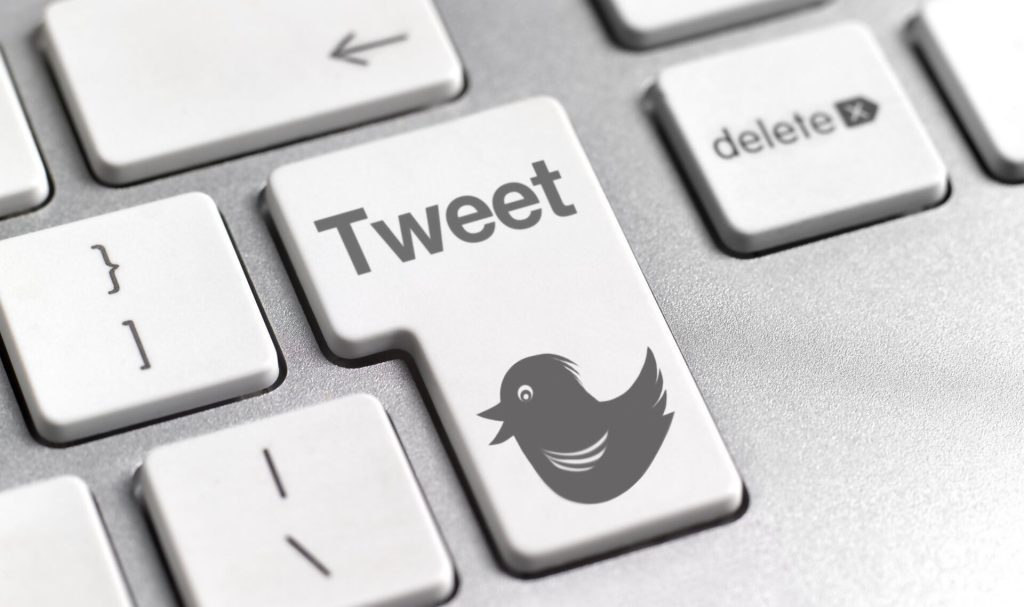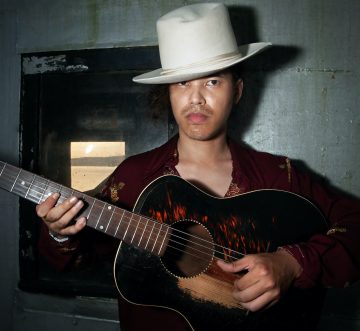
Piers Morgan tweeted about me once. In response to something I’d posted – that, in fairness, did have his name in it – he declared me a deluded cretin, much to the chortling of his army of Twitter followers. I knew they were amused because my Twitter mentions quickly exploded with them – let’s be charitable – ‘telling me so’. Then the initial explosion faded, and just the occasional message would filter through over the ensuing months. Although they still kept coming. A Twitter storm, I learned, is followed by a Twitter trickle.
Why on earth would I want to be interviewed by you, you deluded cretin? 😂😂 https://t.co/bv4BSf7O1R
— Piers Morgan (@piersmorgan) November 10, 2017
It was all harmless in my case, really. The context was that I’d been offered the chance of a brief interview with Morgan as part of a promotion for a show he was doing for ITV at the time, and I posted on Twitter that I would not be keen. I didn’t tag Mr Morgan, but somehow he managed to find me and reply. In the scheme of things, though, fair’s fair.
What it opened my eyes to, though – and it’s something that’s been in my mind a lot these past few weeks – is the extraordinary social media power that high-profile figures with followers in their millions have at their fingertips. Simply by tagging somebody in a Tweet, a subset of their followers will be inclined to send messages to the subject of that tagging.
I’d suggest those messages are not always pleasant ones, and over the last month or two, I’ve seen a couple of people driven off the platform, so vitriolic was the torrent of mentions (and the content of them) that they got.
Did the people in question deserve it? No, I’d suggest not, but they did provoke things a little in at least one case. I rarely see arguments where someone is 100% right and the other 0 per cent in the wrong.
I’ve also, out of curiosity, put the names of some famous people’s tags into Twitter’s search function to see what their daily mentions must look like, and I struggle to see why they’d keep the app installed at all. How some of the vile stuff they get stays within either Twitter’s T&Cs or, indeed the law should be the subject of the next Poirot film.
This is not a world exclusive, then, but some very horrible people out there feel emboldened by the anonymity a social media platform affords them. Higher-profile people are targets for some horrific abuse, and it’s important to state that early.
This, though, isn’t a culture war piece. I only cite the Piers Morgan example because I was being mildly dick-ish in the first place, and I figured he had the right to be dick-ish in return. It turns out he’s pretty good at it, and scales of the exchange – in numerical terms at least – were and are very much weighted in his favour.
Other than his, I’m not naming names, but I am citing examples.

I think, recently, of the prominent figure with a follower count comfortably in the millions who has tagged one or two people of late in the midst of what’s been a vocal area of debate and disagreement. The people tagged have been hit by a metaphorical tidal wave of comments and abuse – and in a few cases, threats – that have led to them quitting Twitter altogether.
One prominent comedy figure meanwhile has been questioned on his Twitter feed about the use of a certain word, and he dug in and defended his position. Another comedy figure with a lower follower constructively pushed back. But the fact the original poster had such a weighty following meant that an invisible army of people – without his direct incitement – went to the account of the other person in the argument and, well, ‘left feedback’.
The person receiving the comments described the experience as “horrible”, talking of how their Twitter mentions were scrolling at lightning speed to the point where he’d had to pause them to look at what people were saying. When he did see their words, it’s safe to say he wished he hadn’t.

This is, to a degree, nothing new, of course. It’s a decade since another comedian directly asked his followers to go to the account of a newspaper critic and leave insults. They duly delivered, and amongst the lighter comments were people describing said critic as a paedophile and a rapist. All just bantz, right?
Well, wrong.
In the ensuing decade, what’s now changed – and made things worse – is the sheer scale of all of this. Someone with 200 followers on Twitter talking to someone with 10 million is in an unequal conversation from the get-go. It only takes one carefully worded Tweet or mention from the latter, and the former is in for – at best – a horrible few days. Possibly worse: I’m not touching on the sometimes heavy mental health ramifications of a Twitter pile-on, but I do want to acknowledge it.
I’m very much of the view now then that with the great power of a large social media following should come great responsibility. I think the two have to be intertwined. Let’s face it; they already are, even if it’s not said out loud.
It’s a potentially enormous power which, used negatively, can have a hugely detrimental impact on someone’s life.
Increasingly too, I don’t buy the argument that just because prominent figures aren’t asking their followers to pile in on their behalf, they don’t know it’s going to happen. I’ve seen this rebuttal, and it’s one of those that, on the surface, looks reasonable, but in the detail seems at best naïve, at worst untrue.
It feels a bit to me like when Coca-Cola uses a third-party company for its bottling in certain parts of the world to give it a plausible distance from any controversies. Because it’s true: high-profile figures, for the most part, don’t ask their followers to go and hound other people on their behalf, and as such, they can’t be blamed, right?
Nope. I’m afraid I don’t buy it.
Twitter is not a new platform, and social media is no longer a novelty. I don’t believe you can be on a service like Twitter and build such a heavy following without having some awareness at this point as to just what that brings with it.
Of course, it’s not the fault of the famous person concerned that they’re followed by some people who aren’t very nice, but I don’t believe they’re oblivious to just how slavishly devoted some followers can be. It’s long gone beyond disagreements. Some of the threats are sinister, some frankly illegal. And such instances do tend to get regularly covered online.
If, therefore, I was a famous person on Twitter with a million followers, and I sent a post tagging someone that takes issues with them, how could I possibly not know – in general terms at least – what’s going to happen next? Once you’re at that level of following – and I’m sure it’s earned – then it takes a tiny, tiny percentage of your followers to go into battle on your behalf. The ramifications of that can be incredibly unpleasant.
You simply have to know that there will be some impact to your words. I don’t think you get to wash your hands of it entirely.
—
This article changes nothing, of course, and with Twitter – which, along with Facebook, is the worst for this sort of thing – embroiled in a contentious takeover at the moment, there’s no incentive to change the status quo for it either. That’s why I feel the moral obligation – fairly or unfairly – is on those who wield the power with their accounts.
My words count for little in this argument, but the words of someone with zillions of followers very much do and should be used with some degree of care. They can change lives, and often not for the better.
As for Piers and me? Well, we’re obviously besties now.
Just as soon as we unblock each other.




